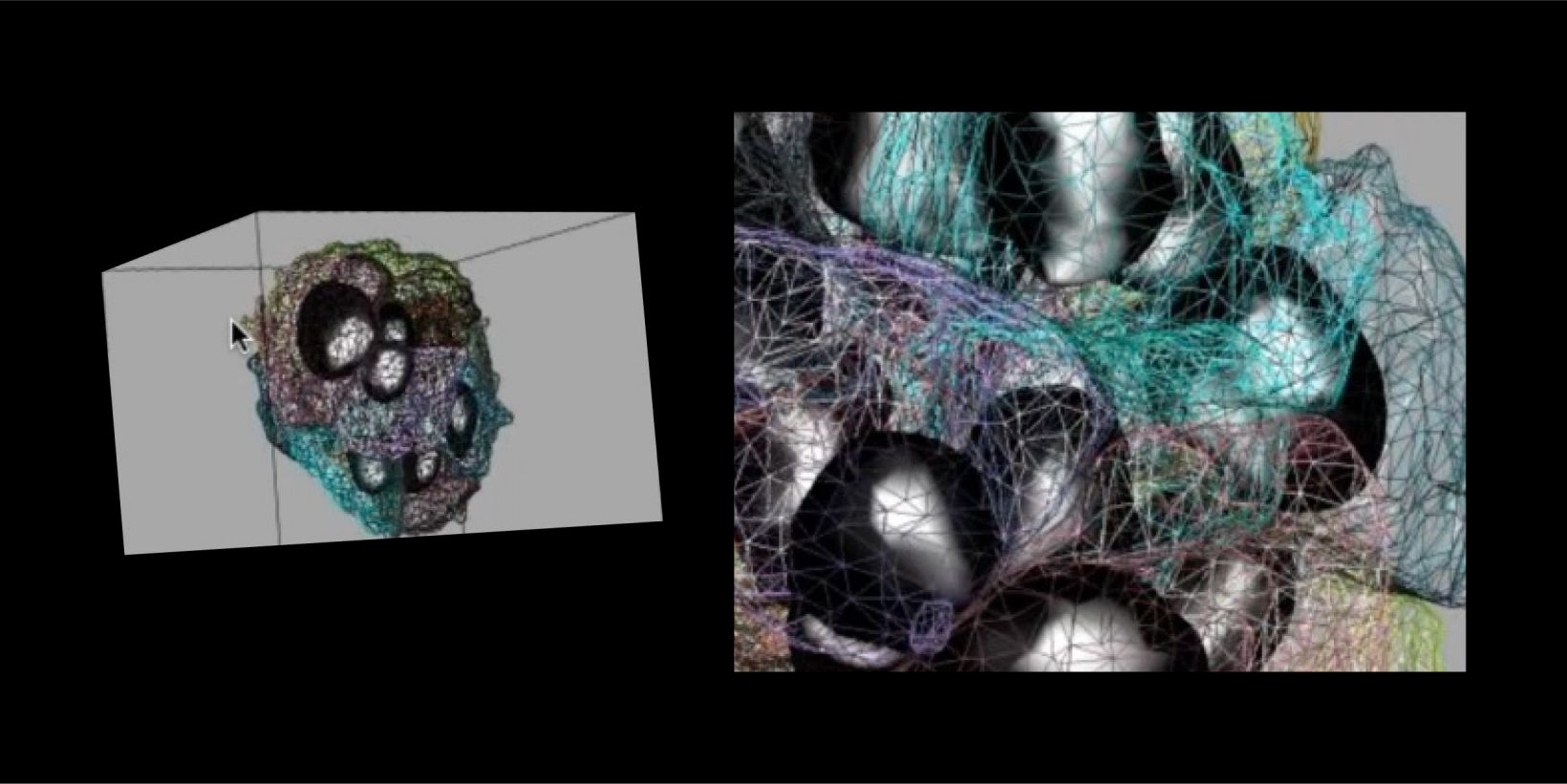Cells are 3D functional elements in biology science and they are actively moving to perform their functions. Collective cell migration is appreciated as an important model for the understanding of the mechanism governing the cell movement in Vivo and in Vitro. It is a highly kinetic process involved in immune response, wound healing, tissue development and cancer metastasis. Recent decades have seen the fast development of various optical imaging techniques with excellent spatial-temporal resolution, dimensionality and scale. The generation of novel probes have also allowed us to acquire the movies of migrating cells with specific proteins/molecules. However, we lack of advanced solution to analyse such high-content and highly dynamic images/videos.
In this talk, we will review some important components for 3D image analysis using two cell migration problems: I). cancer B cell migrating in given Chemokine gradient; and II). border cell cluster migrating in Drosophila egg chamber. The extracted quantitative information provided us new insight on how a cluster of cells coordinates and collectively moves to the target.

